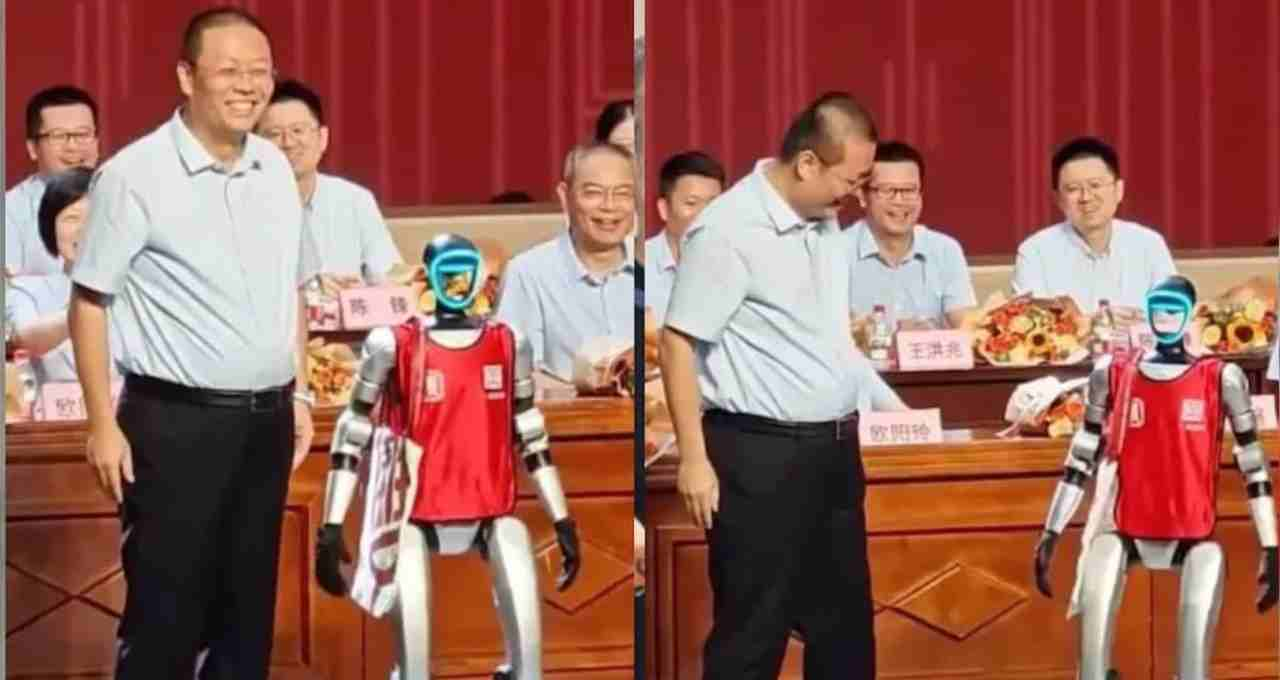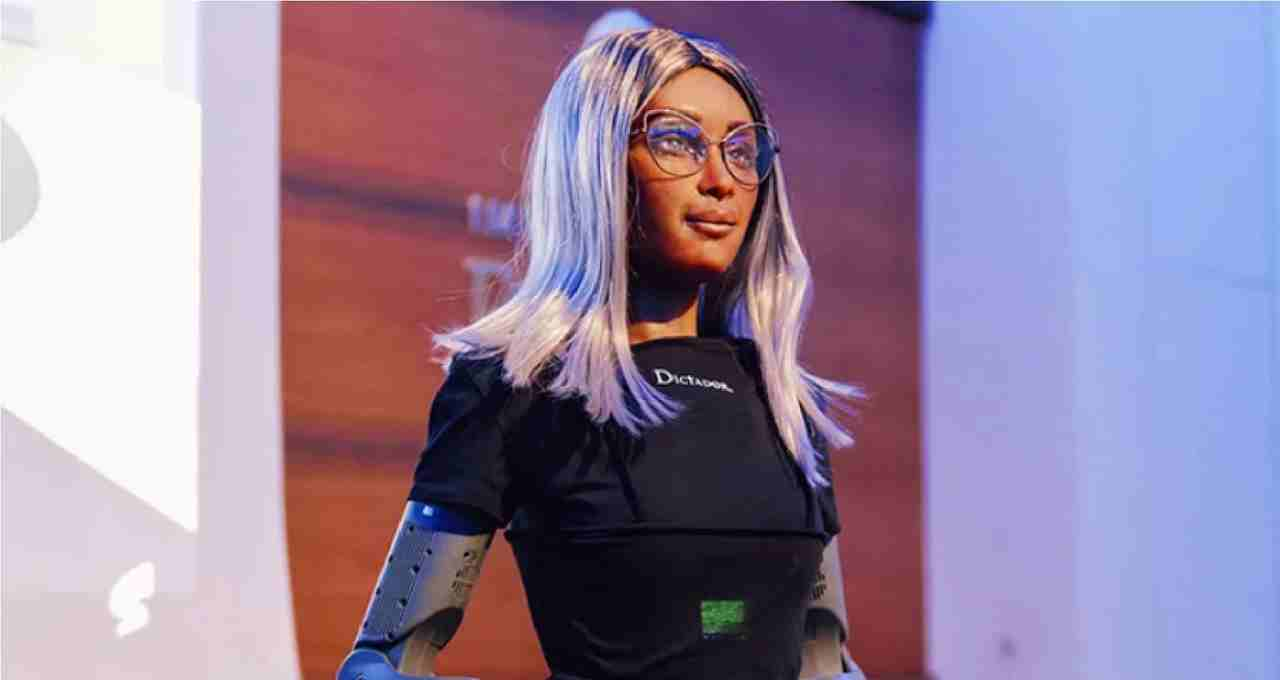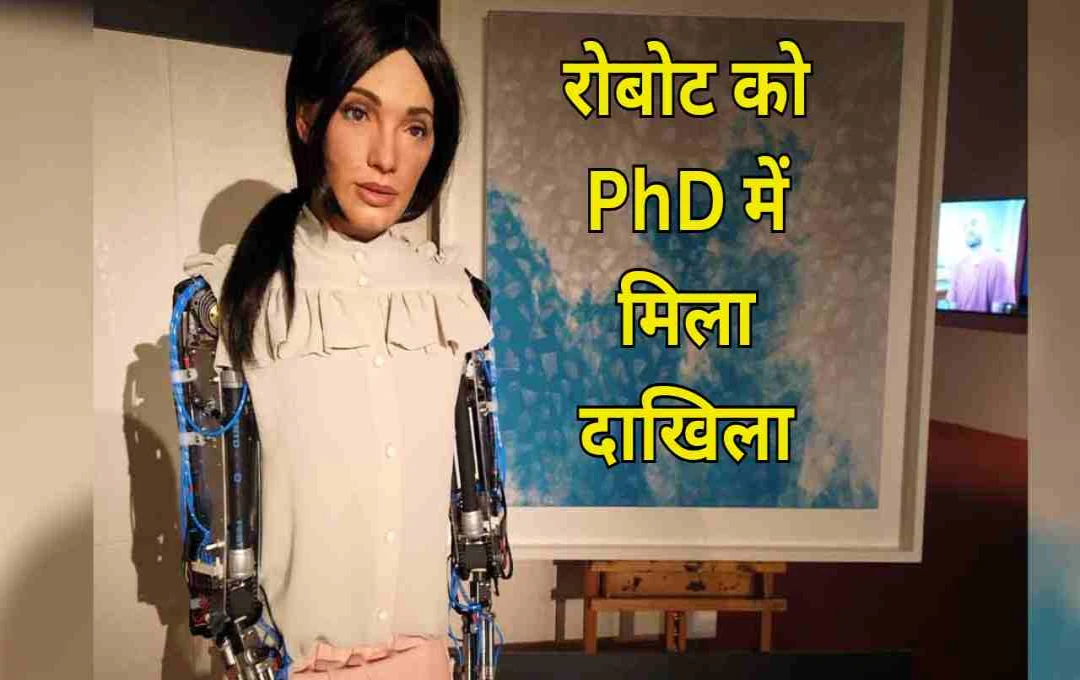The world of AI and robotics is constantly evolving with new dimensions being added daily, and this technology is now becoming a reality, not just a figment of imagination. Many countries around the world are working rapidly on artificial intelligence, but China is continuously setting one record after another in this field.
AI Robot: China has achieved a historic milestone in the field of Artificial Intelligence (AI) and robotics. For the first time, an AI humanoid robot has been admitted to a PhD program. This step is not only a milestone for the tech world but also signals a revolutionary change in the field of education.
This state-of-the-art robot is named Xueba 01, jointly developed by the Shanghai University of Science and Technology and DroidUp Robotics. Now, this robot will undertake a four-year PhD program at the Shanghai Theatre Academy, where its research focus will be on Chinese Opera.
Who is Xueba 01?

Xueba 01 is a humanoid robot that not only looks like a human but also has human-like body language and facial expressions. This robot is designed with highly advanced artificial intelligence, machine learning, and facial expression systems.
- Weight: Approximately 30 kilograms
- Height: 1.75 meters
- Body Material: Silicone skin that can provide human-like sensations and expressions
- Main Areas: Chinese Opera, performing arts, and cultural studies
What will this robot study in the PhD program?
Xueba 01 will be officially admitted to the PhD program at the Shanghai Theatre Academy starting September 2025. The robot's research areas will include:
- Technical analysis of traditional Chinese Opera
- AI modeling of expressions and dialogue styles
- Use of robotics and AI in artistic presentation
- Machine learning processes for expressing human emotions on stage
The aim of this research is to integrate the robot into culture and art, thereby building a bridge between technology and tradition.
China's Influential Step in the Technological Field

China is already playing a leading role in AI and robotics. However, this particular experiment is an attempt not just to explore AI technically, but also in fields like humanities and performing arts. Xueba 01's PhD program confirms that the use of AI is no longer limited to data processing or automation. This step can be inspiring for technological and academic institutions worldwide.
Although the question of whether robots and AI can replace humans in the future has been repeatedly raised, this experiment with Xueba 01 shows that AI can be used as a complement to humans, not as a replacement. This robot will function as a "researcher," but decisions and analysis will still be subject to human supervision. Its purpose is only to expand knowledge and integrate technology into artistic expressions.
China's Advance in the Global AI Landscape
China is already among the world's top countries in AI-based teachers, autonomous robots, and facial recognition technology. By including Xueba 01 in a PhD program, China has set a new benchmark by making AI a part of academic and artistic research. Mixed reactions are being seen worldwide following this news. Some are calling it an example of technological progress, while others are concerned about how deeply AI's role will penetrate human society.













